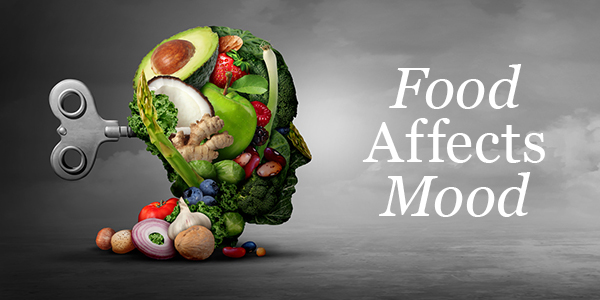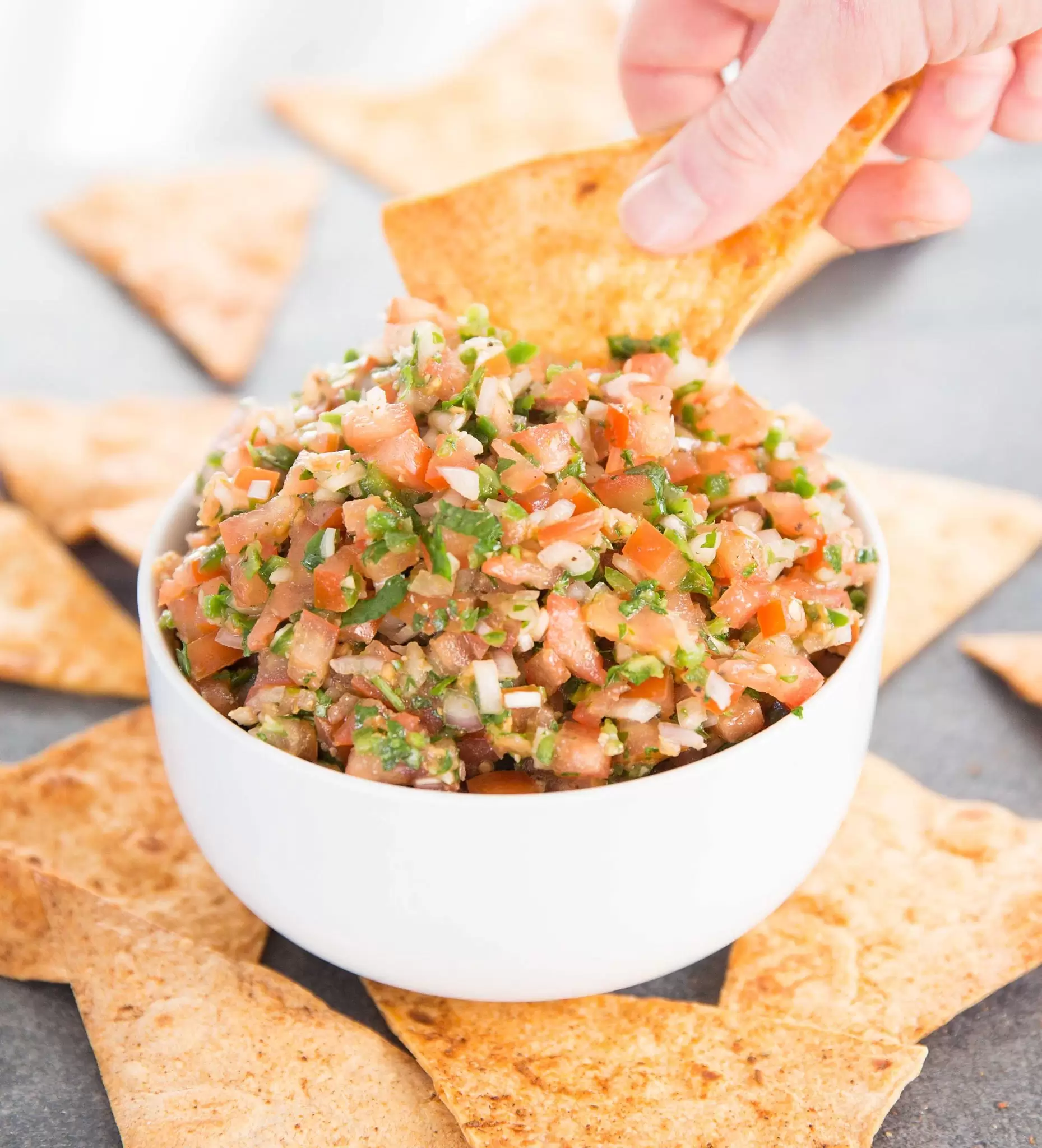In our fast-paced world, where stress and anxiety are commonplace, maintaining good mental health is more important than ever. While we often focus on traditional methods such as therapy and medication, emerging research suggests that our diet plays a significant role in shaping our mental well-being. In this blog, we’ll explore the intricate connection between food and mood, and how making mindful choices about what we eat can positively impact our mental health.
The Gut-Brain Connection: Understanding the Link
The gut-brain connection, often referred to as the “second brain,” is a complex network of neurons, neurotransmitters, and hormones that link the gastrointestinal tract to the central nervous system. This bidirectional communication system plays a crucial role in regulating mood, emotions, and cognitive function. What’s fascinating is that the state of our gut microbiota, the trillions of bacteria residing in our digestive system, can influence this connection. A healthy gut microbiome is associated with better mental health outcomes, while an imbalance has been linked to conditions such as depression, anxiety, and even neurodegenerative diseases.
Nutritional Psychiatry: The Emerging Field
Nutritional psychiatry is an exciting and relatively new field of research that explores the impact of diet on mental health. Studies in this field have identified specific nutrients and dietary patterns that are associated with better mental health outcomes. For example, omega-3 fatty acids found in fatty fish, flaxseeds, and walnuts have been shown to have antidepressant effects. Similarly, B vitamins, particularly folate and vitamin B12, play a crucial role in neurotransmitter synthesis and mood regulation.
The Mood-Boosting Diet: What to Eat for Mental Wellness
While there’s no one-size-fits-all approach to diet and mental health, research suggests that certain dietary patterns are associated with better mood and emotional well-being. Here are some key components of a mood-boosting diet:
- Whole Foods: Focus on whole, unprocessed foods such as fruits, vegetables, whole grains, lean proteins, and healthy fats. These nutrient-dense foods provide essential vitamins, minerals, and antioxidants that support brain health and reduce inflammation.
- Omega-3 Fatty Acids: Incorporate sources of omega-3 fatty acids into your diet, such as salmon, mackerel, sardines, flaxseeds, chia seeds, and walnuts. Omega-3s are essential for brain function and have been shown to reduce symptoms of depression and anxiety.
- Complex Carbohydrates: Choose complex carbohydrates like whole grains, legumes, and starchy vegetables, which provide a steady source of energy and promote the production of serotonin, a neurotransmitter that regulates mood.
- Probiotics: Consume probiotic-rich foods such as yogurt, kefir, sauerkraut, and kimchi to support gut health. Emerging research suggests that a healthy gut microbiome is essential for good mental health.
- Antioxidant-Rich Foods: Include foods rich in antioxidants, such as berries, leafy greens, and dark chocolate, which help protect the brain from oxidative stress and inflammation.
The Impact of Processed Foods and Sugar
On the flip side, diets high in processed foods, refined sugars, and unhealthy fats have been linked to poorer mental health outcomes. These foods are often low in nutrients and high in calories, leading to inflammation, oxidative stress, and dysregulation of neurotransmitter systems. Studies have found that diets high in processed foods are associated with an increased risk of depression, anxiety, and other mood disorders.
Conclusion: Nourishing Your Mind with Every Bite
In conclusion, the link between food and mood is undeniable. By making mindful choices about what we eat, we have the power to nourish our minds and support our mental well-being. Whether it’s incorporating more whole foods, omega-3 fatty acids, or probiotics into our diet, every bite we take can have a profound impact on our mood, emotions, and cognitive function. So, the next time you sit down for a meal, remember that you’re not just feeding your body – you’re nourishing your mind as well.



